Life is too short to not be sweet. In fact, we actually believe a little sweet treat can actually be good for you. And, if you stick to unrefined natural sweeteners you can actually make a guilt-free dessert!
How can something sweet be guilt-free? If you use unrefined natural sweeteners that contain nutrients and the rest of the ingredients in the dessert are also unrefined “whole foods” then you can create a healthy sweet treat.
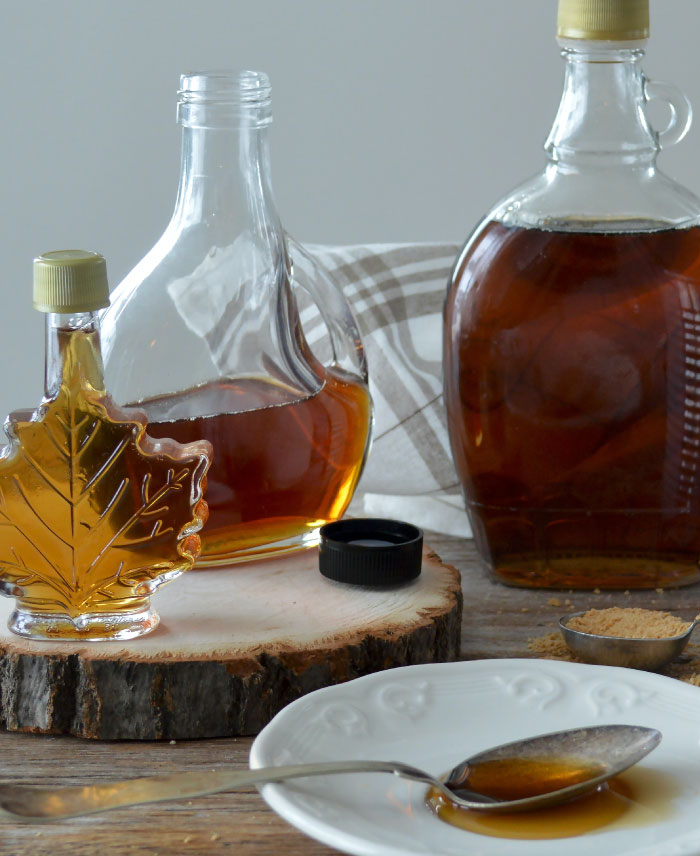
The overall strategy we find most helpful when it comes to trying to eat clean and also enjoy a sweet treat is to try and sneak nutrition into our dessert recipes whenever and wherever possible. We try to make sure every ingredient is nutritious and then we sweeten them with the healthiest and best natural sweeteners.
For the most part we make our own desserts (unless we happen to come across a super clean ready-made dessert such as our favorite raw vegan cookie find, Chunkie Dunkies Cookies), and we make them using healthful whole food ingredients such as “whole” fruit, raw nuts, raw cacao nibs, unsweetened raw shredded coconut, unsweetened raw cacao powder, whole grains, hemp milk, organic pastured eggs, seeds, raw nut butters and nut creams and even beans (our black bean brownies are to die for!). With the exception of organic pastured eggs our whole food desserts are vegan and do not contain milk or cream.
The Best Natural Sweetener

The best natural sweetener for making whole food desserts is “whole” fruit. “Whole” fruit is not the same as fruit juice either.
Whole fruit contains the whole shebang of nutrients, antioxidants, phytonutrients and fiber. Whole fruit also contributes moisture as well as sweetness to dessert recipes.
We make a lot of fruit-based desserts (apple pie, cherry cobbler, coconut-mango & black rice pudding, etc.) and we sweeten our desserts with a wide variety of fruits, but probably the ones that are the most versatile and the ones we use the most are dates and bananas.
Just in case you are worried about all the “fattening” sugar packaged with fruit, you should know the real world effects of fruit consumption have actually been shown to be inversely associated with BMI and body weight. In other words, people who eat fruit weigh less. In a study published in the journal Nutrition 77 overweight and obese dieters enrolled in a 6-month randomized controlled trial testing the effects of a computer-assisted dieting intervention program with the goal to decrease energy intake, increase fruit and vegetable consumption, and maintain a balanced diet.
Although vegetable consumption increased as a result of the intervention, fruit consumption did not. However, after controlling for age, gender, physical activity, and daily macronutrient intake, higher fruit consumption was associated with a lower BMI both at the baseline and the end of the study. Although overall fruit consumption did not increase, those participants who did increase fruit consumption lost more weight.(1) The results suggest that eating more fruit by no means increases body fat or body weight.
Another Great Natural Sweetener
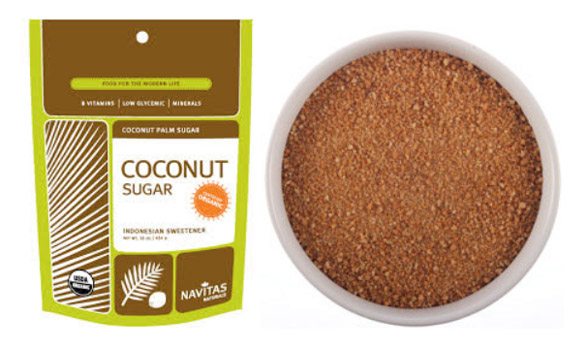
Where does coconut palm sugar come from? The coconut palm sugar we use from Navitas Naturals is sustainably harvested in Indonesia. Once the nectar from the coconut flowers are collected it is then kettle-boiled into a thick caramel and then dried and ground into a fine crystalized powder. Recognized by the Food and Agriculture Organization as the most sustainable sweetener in the world, coconut sugar palm trees produce an average of 50-75 percent more sugar per acre than sugar cane, while using only a fifth of the resources. Navitas Naturals brand of coconut palm sugar is certified organic, kosher, vegan, unbleached, and contains no preservatives or fillers. Pretty sweet, right?
Other Good Natural & Unrefined Sweetener Options

Other natural sweetener options that are derived from plant foods and unrefined (thus still contain some nutrients, including antioxidants and phytonutrients) include pure maple syrup, molasses and raw honey (by the way, our absolute favorite raw honey and the one we find to be the best-tasting and sweetest is the “White Gold” brand.)
What About Stevia & No-Calorie Sweeteners?
We are not really big fans of stevia or other no-calorie sweeteners because in our experience these substances do not really satisfy our sweet tooth and we just end up eating more in search of real satisfaction. And, besides, every single no-calorie sweetener we have tried has an undesirable aftertaste.
Whole Food Dessert Recipes Made with Natural Sweeteners
We have plenty of whole food dessert recipes made with natural sweeteners on our website, in our Decadent Chocolate Desserts eBook.
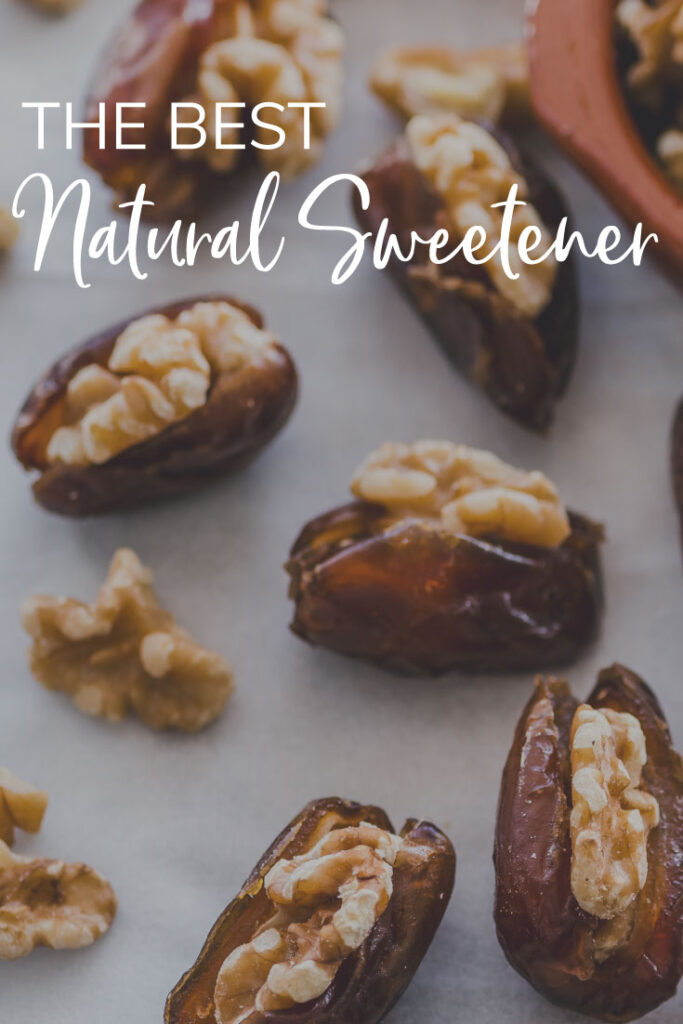
Pin this graphic for later!
Reference:
1. K.E. Schroder, “Effects of Fruit Consumption on Body Mass Index and Weight Loss in a Sample of Overweight and Obese Dieters enrolled in a Weight-Loss Intervention Trial,” Nutrition 26, no. 7-8 (2010): 727-34.

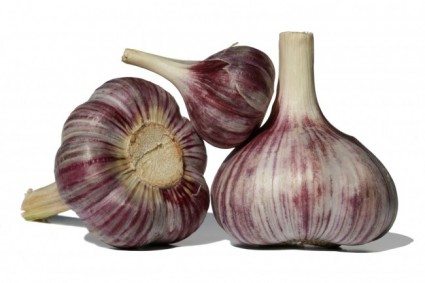
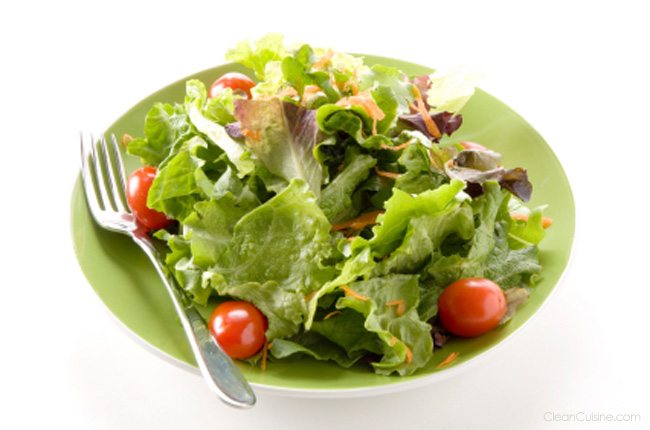
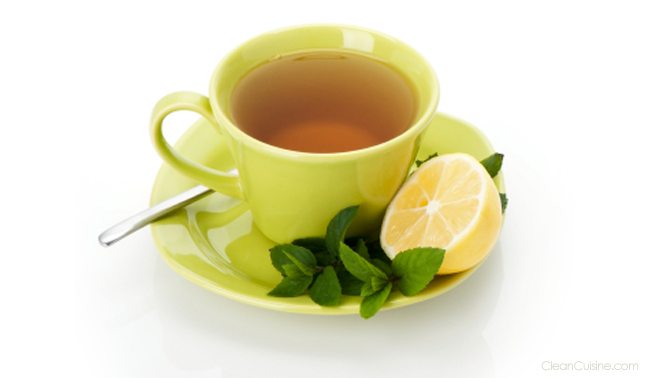

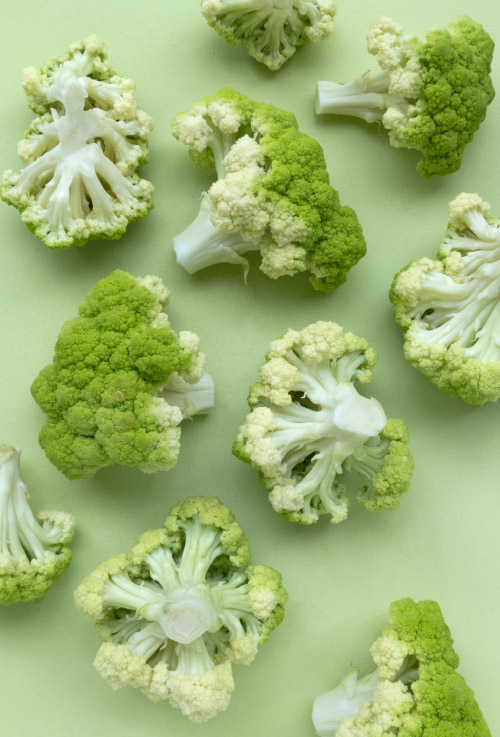

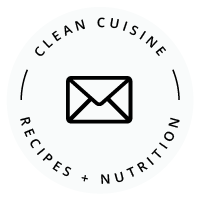
Yvette
Wednesday 26th of August 2015
What about pure lo Han guo?
Ivy Larson
Wednesday 26th of August 2015
Hi Yvette, I have heard of this (I think it is an extract from Monk fruit?) however, I have never been able to actually find it anywhere. Do you use it? If so, I would love to know where you buy it and I would like to research it a bit more. Thank you for commenting!